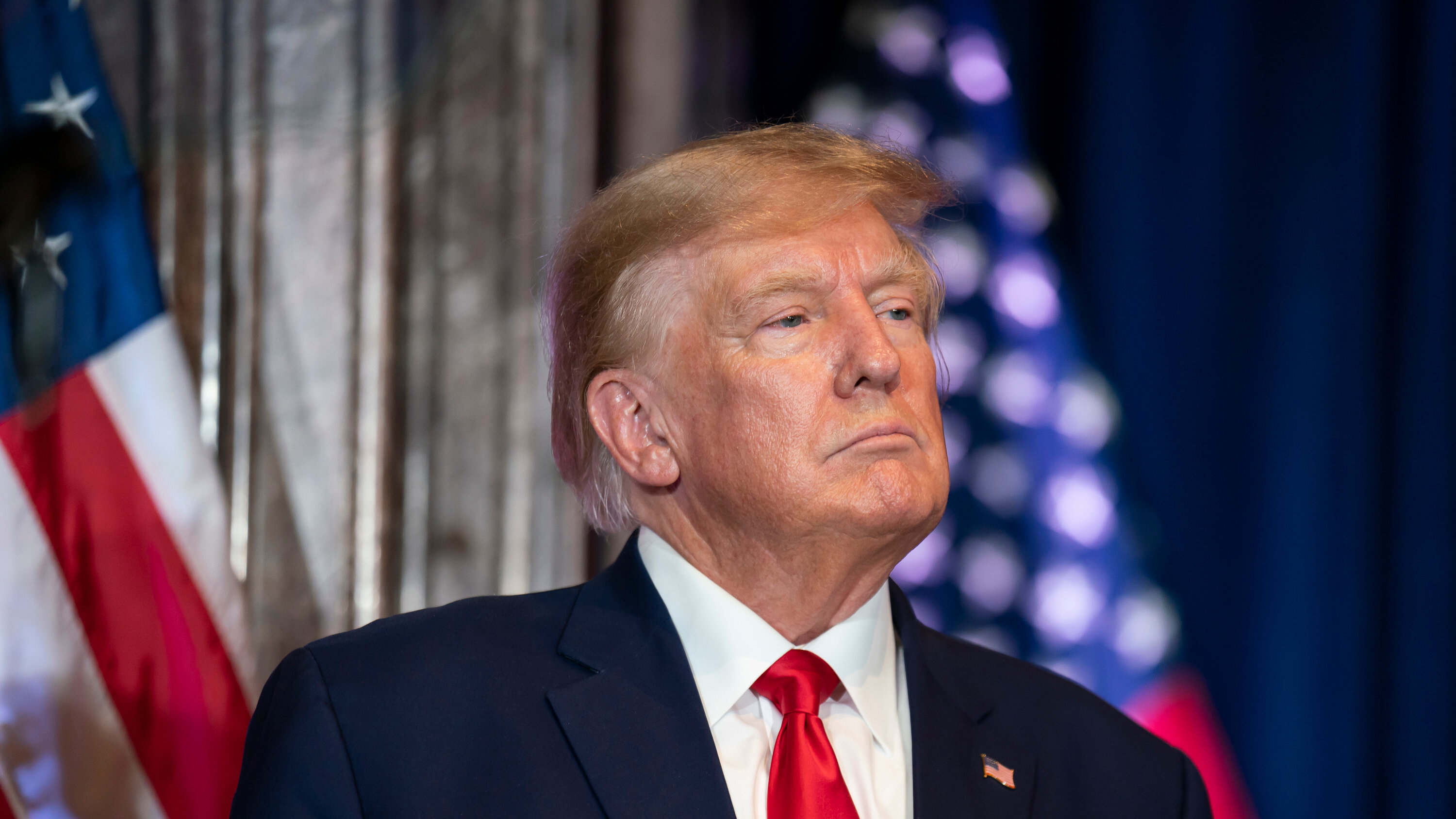Unraveling The Controversy: Why Is Donald Trump A Felon?
In the landscape of American politics, few figures have sparked as much debate and controversy as Donald Trump. The former president's tenure was marked by unprecedented events, policies, and a polarizing presence that captivated and divided the nation. Yet, a question that lingers in the minds of many is, "Why is Donald Trump a felon?" This inquiry invites exploration into allegations, legal challenges, and the implications of his actions while in office and beyond.
As the first U.S. president to be impeached twice, Trump's legal troubles have been a persistent theme throughout his career. The complexities of his actions, combined with various investigations into his business dealings and personal conduct, have led to a whirlwind of legal scrutiny. More than just a political figure, Trump represents a case study in the intersection of power, legality, and morality in American society.
The narrative surrounding Trump's legal challenges is multifaceted, involving a myriad of lawsuits, criminal investigations, and accusations that span his entire career. As we delve into the question of why Donald Trump is considered a felon by some, we will examine the key events, legal battles, and implications of his actions that have led to this controversial label.
What is Donald Trump's Biography?
| Detail | Information |
|---|---|
| Name | Donald John Trump |
| Date of Birth | June 14, 1946 |
| Place of Birth | Queens, New York City, New York, USA |
| Education | Fordham University, Wharton School of the University of Pennsylvania |
| Profession | Businessman, Television Personality, Politician |
| Political Party | Republican |
| Presidency | January 20, 2017 – January 20, 2021 |
What Are the Accusations Against Donald Trump?
Throughout his public life, Donald Trump has faced numerous accusations that raise eyebrows regarding his conduct. From allegations of financial impropriety to accusations of inciting violence, the list is extensive. Here are some key points:
- Tax evasion and fraudulent financial statements.
- Sexual misconduct allegations from multiple women.
- Inciting the January 6 Capitol riot.
- Obstruction of justice during investigations.
Why is Donald Trump a Felon According to Some Legal Experts?
The designation of "felon" is a serious one, and the conversation surrounding Trump often hinges on legal interpretations of his actions. Some legal experts argue that certain behaviors and decisions could potentially classify him as a felon if found guilty in a court of law. This includes:
- Potential charges related to campaign finance violations.
- Fraudulent business practices that mislead banks and investors.
- Implications of his actions during the insurrection on January 6, 2021.
What Legal Challenges Is Trump Currently Facing?
As of 2023, Donald Trump is embroiled in several legal battles that could affect his political future and personal freedom. These challenges include:
- Ongoing investigations into his business dealings in New York.
- Federal inquiries into classified documents found at his residence.
- Various civil lawsuits related to his business practices.
How Do Trump's Supporters View These Allegations?
Supporters of Donald Trump often dismiss the allegations against him as politically motivated attacks orchestrated by his opponents. They argue that the legal challenges are part of a broader agenda to undermine his influence and legacy. Key points of their perspective include:
- A belief in his innocence until proven guilty.
- Claims that the media exaggerates or misrepresents the facts.
- Support for his policies, which they argue have benefited the country despite his controversies.
What Are the Implications of Being Labeled a Felon?
The label of "felon" carries significant consequences, both legally and socially. If Donald Trump were to be convicted of felony charges, he would face several repercussions, such as:
- Loss of the right to vote and run for public office.
- Difficulty in gaining employment in certain sectors.
- Social stigma associated with a felony conviction.
Can Trump Run for Office If He Is a Felon?
This question raises a significant legal debate. While the U.S. Constitution does not explicitly bar felons from running for president, various states have laws that could impact his eligibility. The potential for a felony conviction to affect Trump's political ambitions remains a hot topic among legal scholars and political analysts.
What’s Next for Donald Trump?
The future for Donald Trump is uncertain, with ongoing legal battles and political aspirations intertwining. As he navigates these tumultuous waters, the question of why Donald Trump is a felon will continue to resonate, influencing both his supporters and detractors. Observers will be keen to see how these legal challenges unfold and what they mean for his legacy as a polarizing figure in American history.
In conclusion, the inquiry into why Donald Trump is a felon invites a broader conversation about accountability, the legal system, and the nature of political power in the United States. As the story continues to evolve, the ramifications of his actions will likely be felt for years to come.
Article Recommendations

